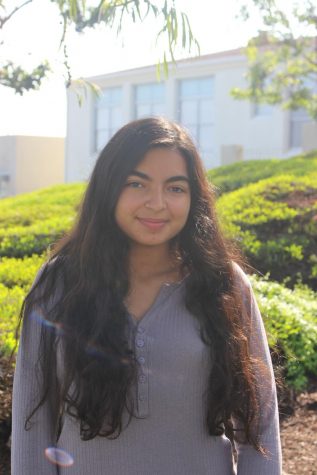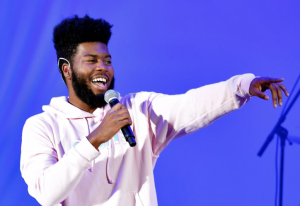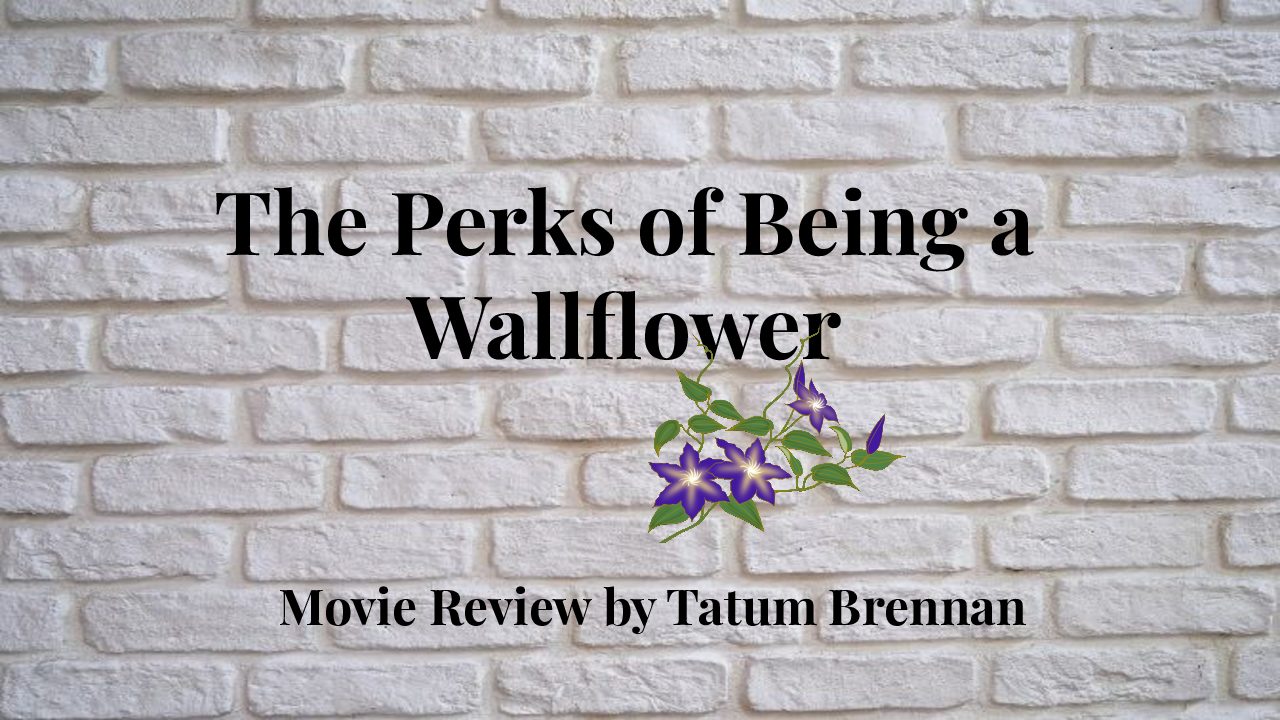Capitol breach challenges our democracy
February 12, 2021
Note: The opinions expressed by the writers are their own and are not intended to represent the views of the teachers and other students quoted in the piece.
As Congress met on Wednesday, Jan. 6, 2021 to finalize the election results, Pro-Trump rioters broke into the United States Capitol. They overran security, causing a lockdown, evacuation and a 6 p.m. citywide curfew. Protestors refused to accept the Electoral College votes, which would confirm President-Elect Joe Biden’s victory. This was President Donald Trump’s parting gift to the country.
Days before the breach, Trump held a rally called “March to Save America” that encouraged his supporters to attack the U.S. Capitol. Thousands of his supporters, influenced by his order, disobeyed law enforcement and destroyed a building representing the people and America’s democracy. This horrific event left five people dead.
We, as American citizens, must support and defend the Constitution of the United States. But is it really exercising the right to protest when someone breaks windows, threatens the lives of politicians and law enforcement, vandalizes the Capitol, all while ignoring a pandemic?
As two students of the class of 2023 who believe in a progressive future, we find this appalling and an absolute disgrace to democracy, something that Americans have been continuously protecting for over two centuries now. Our Capitol building symbolizes that everyone, no matter how they identify, has a say in our country’s decisions.
A key to democracy is maintaining the peaceful transfer of power. While Trump does not have the ability to forcibly maintain the presidency, formalities within the presidential transition process were forgone. Though these traditions are not vital to the transfer of power, they represent a strong democracy that values the voice of the people.
The polarization in our country is a threat to the democracy we have worked so hard to maintain. Because social media only shows you things they think you like, everyone is always seeing biased information. It is easy to believe you’re right when everyone in your internet bubble agrees with you. Diffusing this polarization will be a lengthy process, but hopefully we can start working together rather than against each other.
This siege of our Capitol sparked a lot of emotion in our community. Each teacher had a unique way of fostering discussion about this topic with their students. Heather Hanson, World History, AP European History and AP Art History teacher, believes that it is the teacher’s duty to provide a space for safe discussion among students. Her class had an hour-long discussion about what had happened at the Capitol.
“It would be absurd to pretend like this isn’t happening,” said Hanson. “I mean when we’re talking about things of this nature and of this magnitude, it’s really important to address what’s going on.”
We have lived through a myriad of historical events in the past year that they’ve almost become expected. It is insane to continue class while Americans invade the Capitol. Teachers had to find a balance between holding class and worrying about our democracy’s future.
“It was really tough because class was starting at 11:30, I’m watching this happen, and then I’m trying to keep it together while I’m teaching,” said Hanson. “It was clear a lot of my students were also monitoring it, and when we took our break and came back, they were sharing things they were seeing on the news and social media.”
Health teacher Michelle Foster also talked briefly to her students about what happened. In her course, Foster discusses unconscious bias, diversity and privilege. Shocked at the events that unfolded that day at our Capitol, Foster hopes that Americans understand that we have to put decency in politics first before anything.
“What saddened me was the violence, the anger, the loss of life and the complete lack of human respect and decency. This was no longer about politics or ‘sides.’ I don’t care where you fall on the political spectrum, what race you are, what religion you practice, or what values you hold. NOBODY gets to resort to violence because they did not get their way,” said Foster.
Freshman Keira Hundhausen expresses similar sentiments. She believes that while peaceful protests and marches are completely acceptable, the raid on the Capitol was unnecessarily violent and should not have resulted in deaths.
“I am appalled and disgusted by the whole situation. America has been the main advocate for democracy, and yet, these kinds of insurrections that we have condemned are happening in our own Capitol. I am concerned that these kinds of riots and behavior will become the norm,” said Hundhausen.
Sophomore Sai Machiraju participates in Model United Nations, a class that has opened many students’ eyes to critical issues on the global stage.
“I consider the breach of the Capitol an incident of domestic terrorism, since its perpetrators want to use fear to advance their political goals, rather than express their points in a civil manner,” said Machiraju.
If anything, this event reminded us that our democracy is incredibly fragile and needs to be protected at all costs. We cannot let refusing the peaceful transfer of power become normalized. Regardless of your political party, the election of Joe Biden brings hope for a more unified country. President Biden began the long journey of unification with an inspiring speech during his inauguration:
“It’s time to put away the harsh rhetoric, to lower the temperature, to see each other again, to listen to each other again, to make progress. We must stop treating our opponents as our enemy,” said President Biden.







